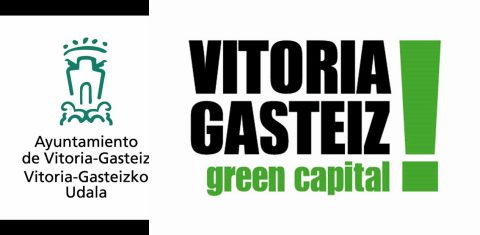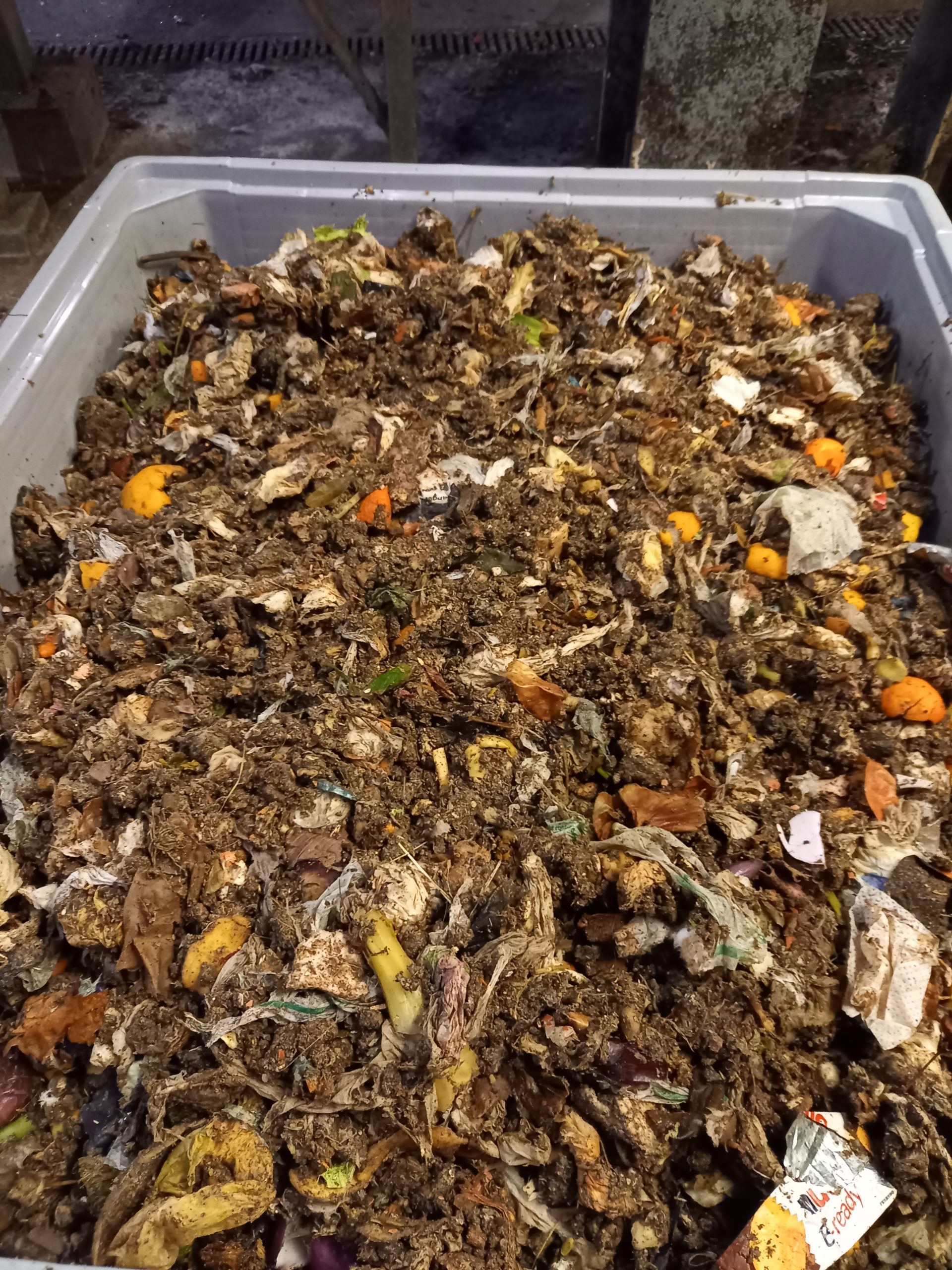Valorising biowaste - creating prosperity: CAFIPLA
Available resources, including renewable resources, are not infinite. Consuming them outside their normal replacement cycles can lead to their scarcity. Therefore, the implementation of a circular bioeconomy must respect natural and organic carbon replacement cycles to reduce the environmental pressure of human consumption.
Upcycling of secondary streams and bio-waste into value-added compounds is crucial to reduce the impact on the ecosystem and to reduce the use of fertilisers for biomass supply in the bioeconomy.
- Urban environments are a good source of biomass, including bio-waste such as organic household waste, green waste and by-product streams from the food industry.
- Current bio-waste treatment technologies such as composting or anaerobic digestion only produce low value-added products such as compost and biogas.
- Although biomass and biowaste are available, there is a lack of knowledge on how to use heterogeneous secondary streams in biorefineries.
Cities at the heart of the circular bioeconomy
Additional already in 2018, the European Commission defined in its Bioeconomy Strategy that cities should become major circular bioeconomy hubs as biowaste flows in cities contain substances that could be used for the production of bio-based products such as chemicals, plastics, nutrients, etc.
The objective of the event
- Provide feasible pathways to transform urban biowaste into a resource/precursor for other industries via an innovative approach of the combination of a Short Chain Carboxylic Acid Platform and a Fiber Recovery Platform approach.
- Establish a sustainable circular urban bioeconomy that offers solutions for the effective recycling of available biomass resources into biochemicals, plastics and nutrients.
Bioeconomy experts
During the event bioeconomy experts from Industry and Research will provide insights in biorefinery, raw material availability, technology aspects of the combined platform approaches, fermentation pathways to transform short chain carboxylic acids into added value compounds to support the implementation of a circular biowaste based bioeconomy.
More information about CAFIPLA
This project has received funding from the Bio-based Industries Joint Undertaking (JU) under the European Union’s Horizon 2020 research and innovation programme under grant agreement
No 887115. The JU receives support from the European Union’s Horizon 2020 research and innovation programme and the Bio-based Industries Consortium.


